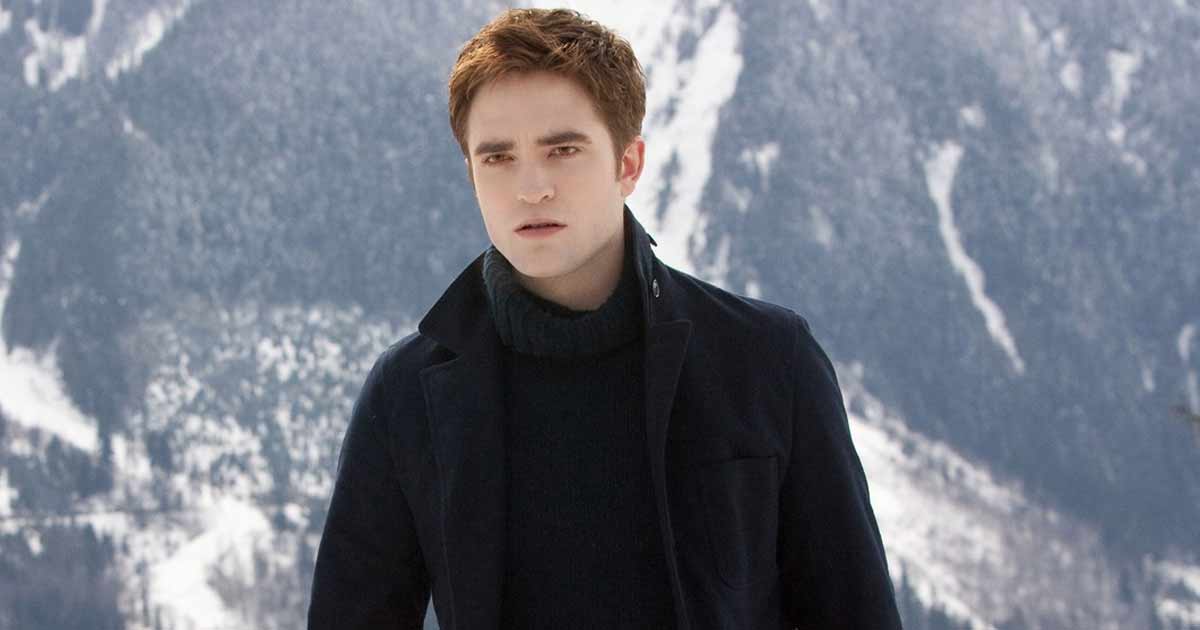“But that’s just how we Arabs like it,” says Khalid Al Mulla, a coffee trader and founder of Dubai’s Coffee Museum.
Located in the Al Fahidi neighbourhood of old Dubai, away from the shiny, glass-fronted buildings and fancy resorts the city is better known for, Dubai’s Coffee Museum is one of 17 major coffee museums in the world, Mulla says.
It highlights the history, production processes and cultures surrounding coffee around the world through an extensive collection of books, roasters, grinders, serving pots and mugs, with some items dating back almost 300 years.
Visitors start a tour of the two-floor museum with a cup of strong coffee. Flanked by low chairs and stools, an Ethiopian barista sits on the floor preparing the welcome drink, which is served with a pinch of salt and popcorn, the way it’s done in her country.
Penang’s Airbnb ban, 7 wonders in 7 days: 2023’s most read travel stories
Penang’s Airbnb ban, 7 wonders in 7 days: 2023’s most read travel stories
In Ethiopia, coffee is served on every street, Mulla says. Traditionally, the men unwind at coffee kiosks after a long day of work, sipping their drinks and discussing social, political and economic matters.
According to legend, coffee was discovered by an Ethiopian goat. Kaldi, a herder, reported that his goat would become unusually active after eating a certain kind of cherry. Another story has it that the abbots of Ethiopian monasteries would chew coffee cherries during night prayers as it helped them stay awake.
Either way, Muslim traders brought Ethiopian coffee cherries to Yemen and the Yemenis became the first people to brew, grind and roast them.
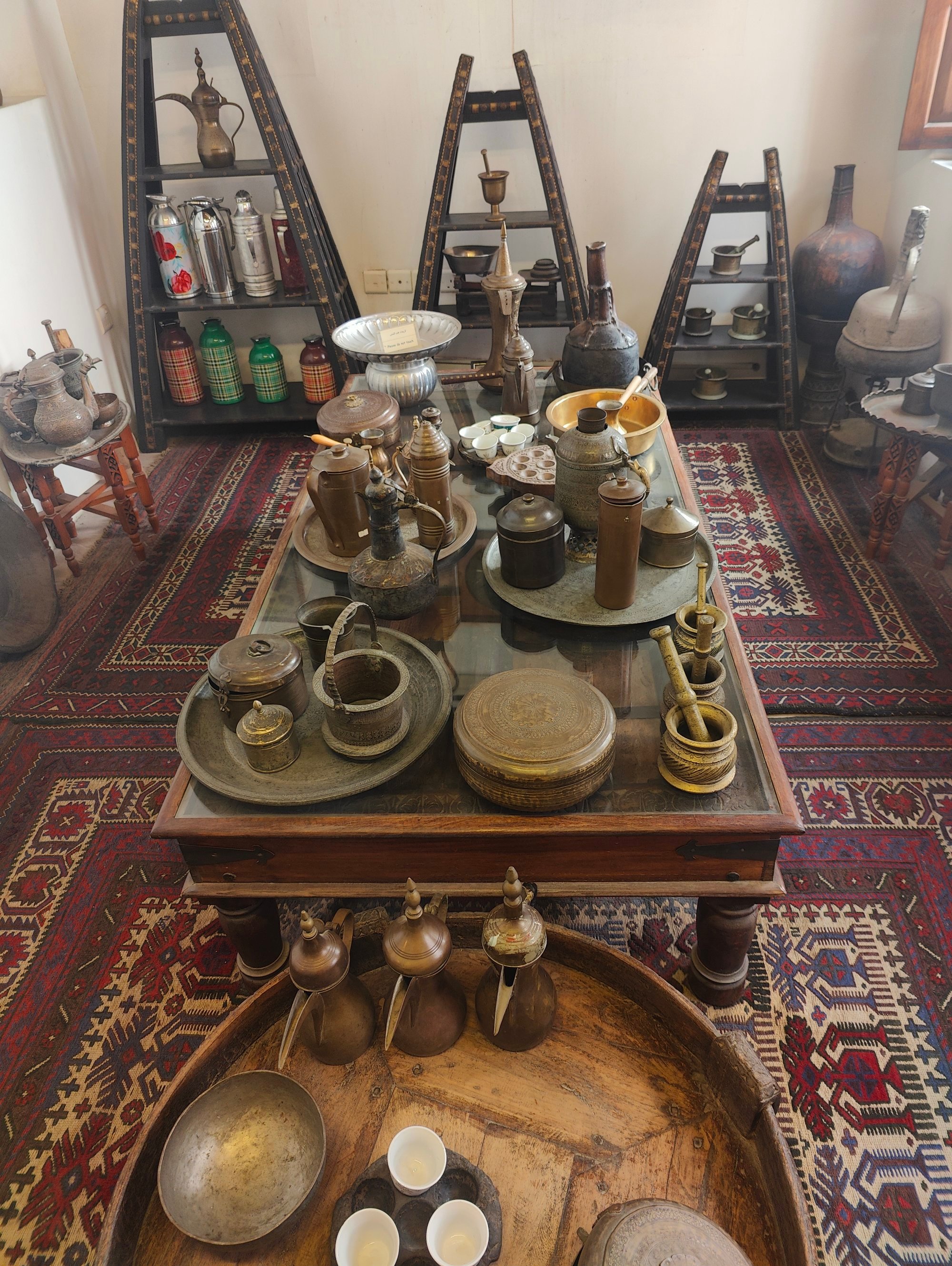
The museum has a small collection of Yemeni clay pots and mugs in which coffee was served. Its grinders – wooden, metal, manual and automatic – are from the Ottoman Empire, Germany, France, the United States, Egypt and elsewhere, some dating back to 1725.
Among the most intriguing are the ones German soldiers used in the world wars, one of which was made from bullet shells, the only metal available.
Then there are tins from China in which coffee was exported 50 years ago. Several mortars and pestles, of different sizes and shapes, and dallahs from Egypt, Yemen and across the UAE are displayed too.
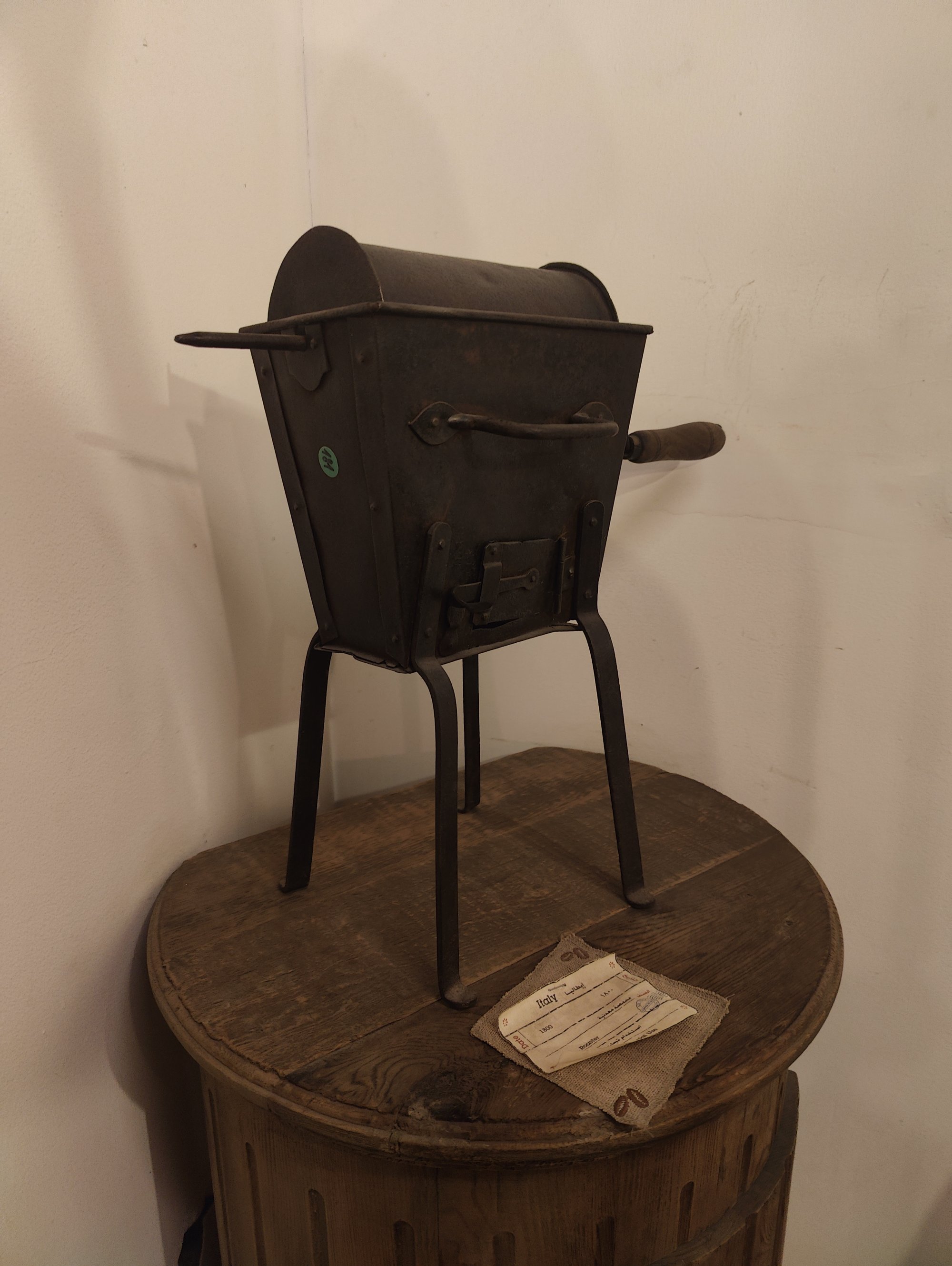
Among the most significant books is a second-edition copy of William Ukers’ All About Coffee, dated 1935.
“It’s a rare book, which was considered the most important book on coffee in the 20th century,” Mulla says. Ukers was the founding editor of The Tea & Coffee Trade Journal and spent a lifetime learning all there is to know about the two beverages.
The museum conducts courses focused specifically on brewing and roasting coffee, and how to identify and brew different varieties. It also explains the economic importance of coffee and how the sector provides a livelihood for millions in countries such as Ethiopia, Brazil, Colombia and India.
Celeb biohacker’s visited for treatment – a longevity hub pushes the limits
Celeb biohacker’s visited for treatment – a longevity hub pushes the limits
The other 16 coffee museums around the world that Mulla defines as major ones include:
1. Museu Do Café, Brazil
The Sao Paulo museum is one of the largest coffee museums in the world, with more than 2,000 objects on display – including mortgage letters between farmers and lenders – giving visitors a taste of the history of coffee in Brazil and its impact on the nation, past and present.
2. Coffee Yatra Museum, India
Situated in Chikmagalur, one of the largest coffee-producing towns in India, the museum introduces visitors to Indian brews and how they are processed. It also has a small laboratory in which visitors can brew their own coffee – and sample it, too.
3. Coffee Museum Burg, Germany
This Hamburg museum traces the history of one of the first families in the northern German city to have entered the coffee business.
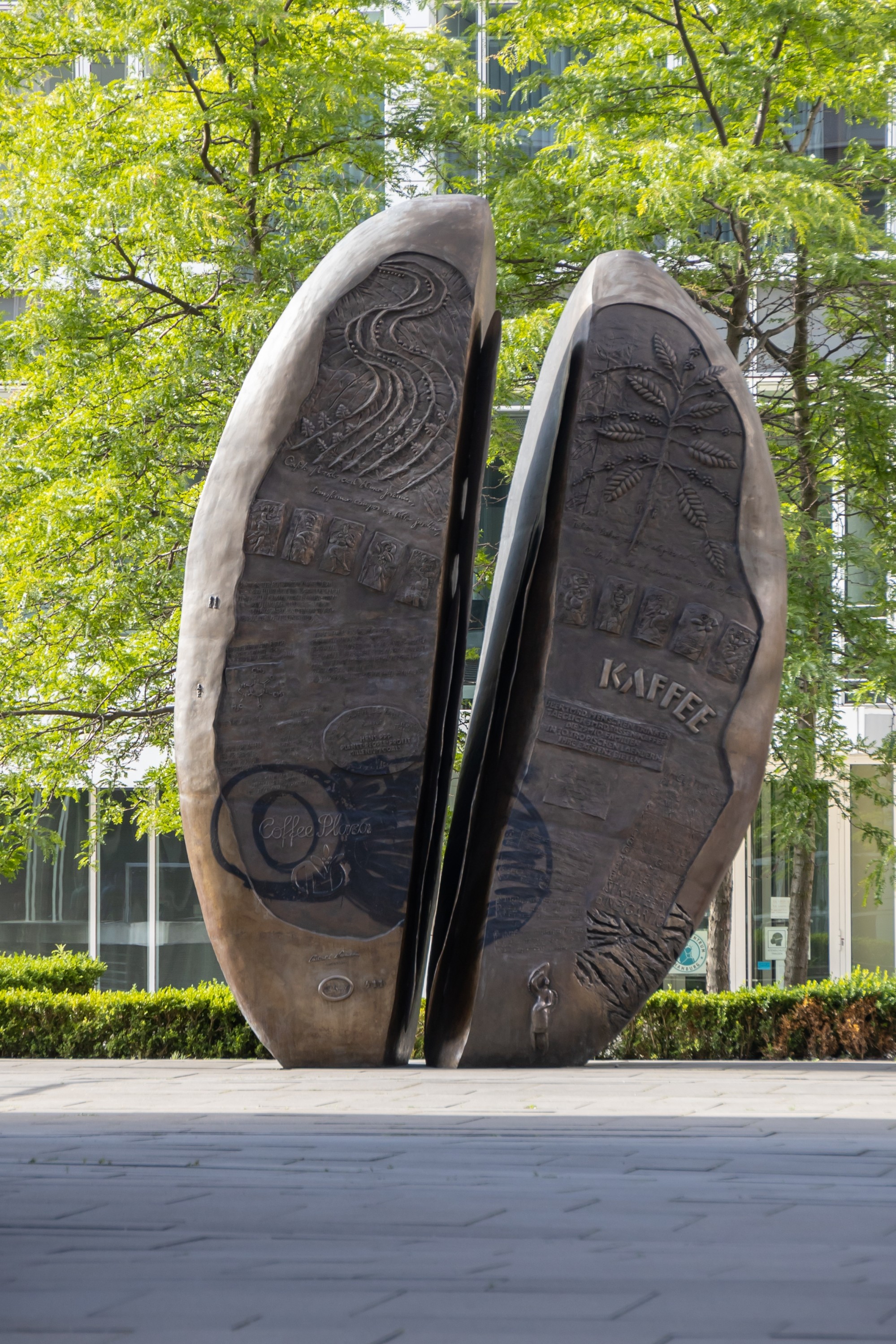
The Burgs began to roast and sell coffee in 1923, and their museum has since collected roasters, grinders and coffee decanters from around the world.
4. The Waltz & Dr. Mahn Coffee Museum, South Korea
Located in Namyangju, a city in Gyeonggi province, this museum focuses mostly on the history of coffee in Korea, such as how it came from Europe and became the favourite beverage of King Gojong, who ruled from 1864 to 1907. The museum also has a corner in which visitors can brew their own.
5. The World Coffee Museum, Vietnam
This museum, in Buon Ma Thuot, the capital of central Dak Lak province, is known for its architecture, which resembles ocean waves.
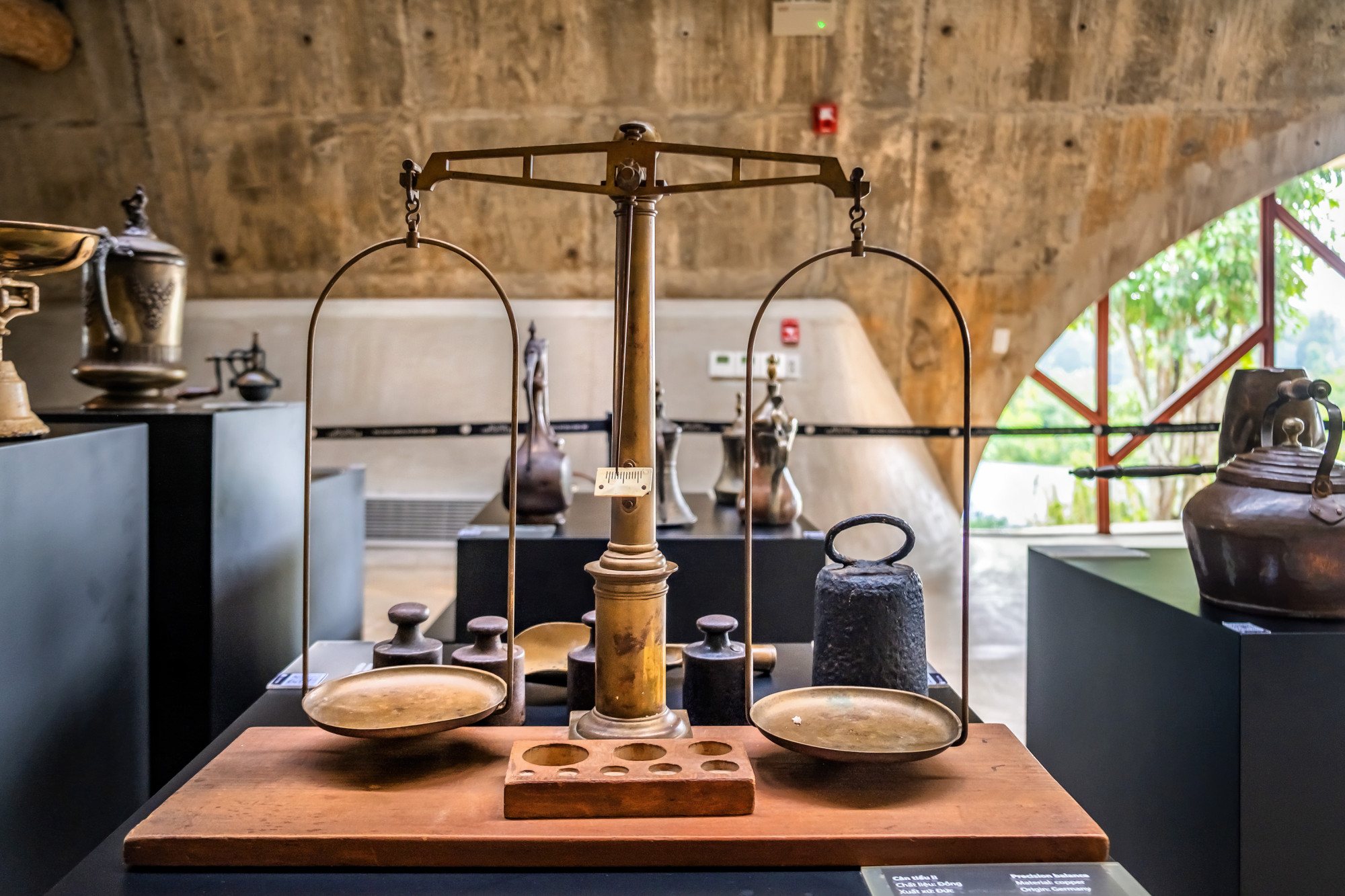
Along with artefacts from around the world, it also has shops and cafes.
6. Kaffeemuseum Wien, Austria
Vienna’s coffee house culture was recognised by Unesco as intangible culture in 2011. The Austrian capital’s Kaffeemuseum educates its visitors about that culture as well as the process of creating coffee and how the brown bean found its way from the Ottoman Empire to Vienna.
How trendy mushroom coffee improves brain health and energy levels
How trendy mushroom coffee improves brain health and energy levels
7. Museo del Café, Mexico
Found in the highland town of San Cristobal de las Casas, this cafe and coffee museum was founded by Coopcafé, a group of more than 17,000 small-scale, mainly indigenous, Chiapas coffee growers. The museum covers the history of coffee and its cultivation in Chiapas state, as well as modern-day, community-based indigenous production.
8. Museo del Caffè, Switzerland
Operated by Swiss coffee brand Chicco d’Oro, this museum, in Zuoz – close to Switzerland’s border with Italy – illustrates the history of the beverage as a product and its economic importance. Show panels depict historical scenes, machinery, devices and objects that trace the evolution of the production process over the years.





